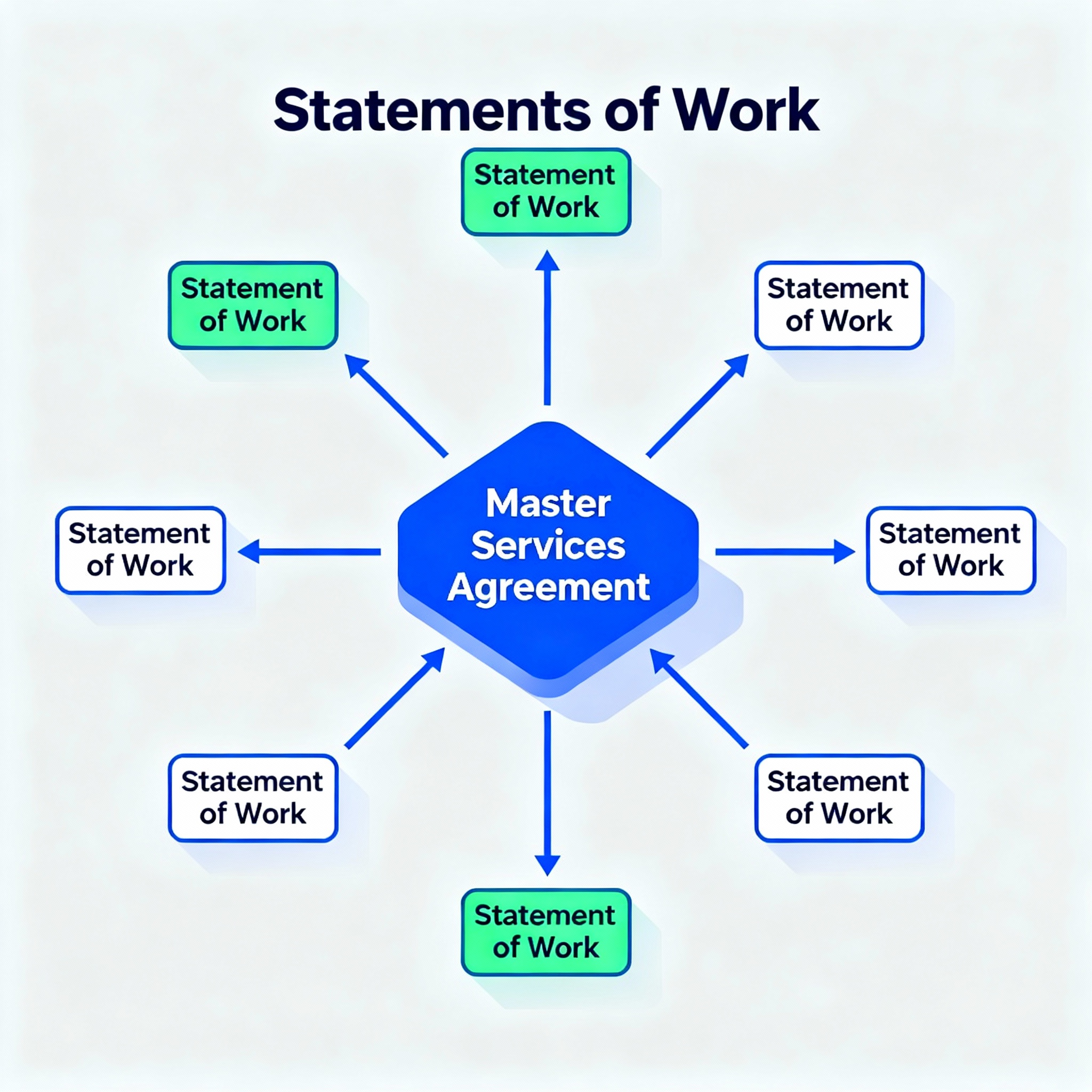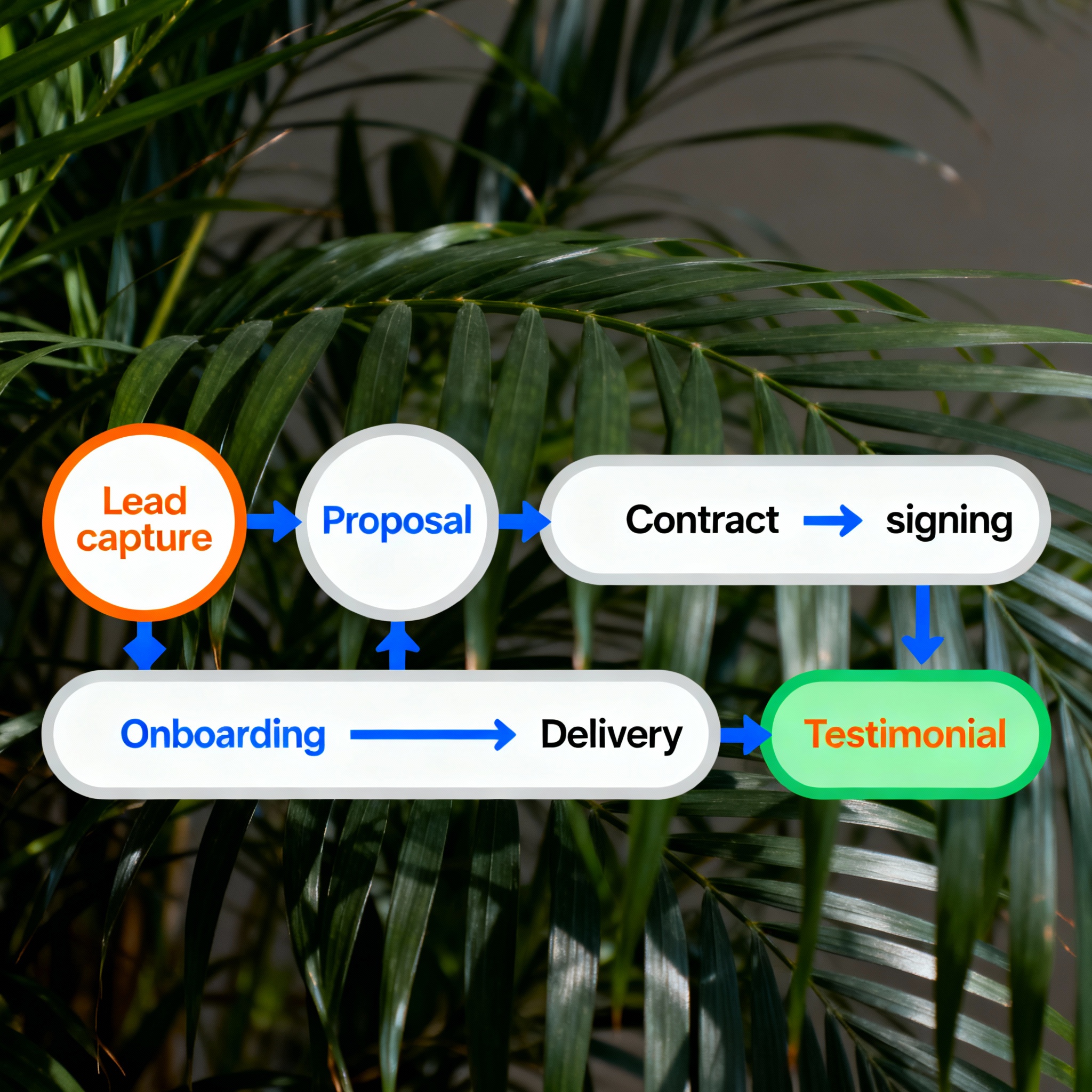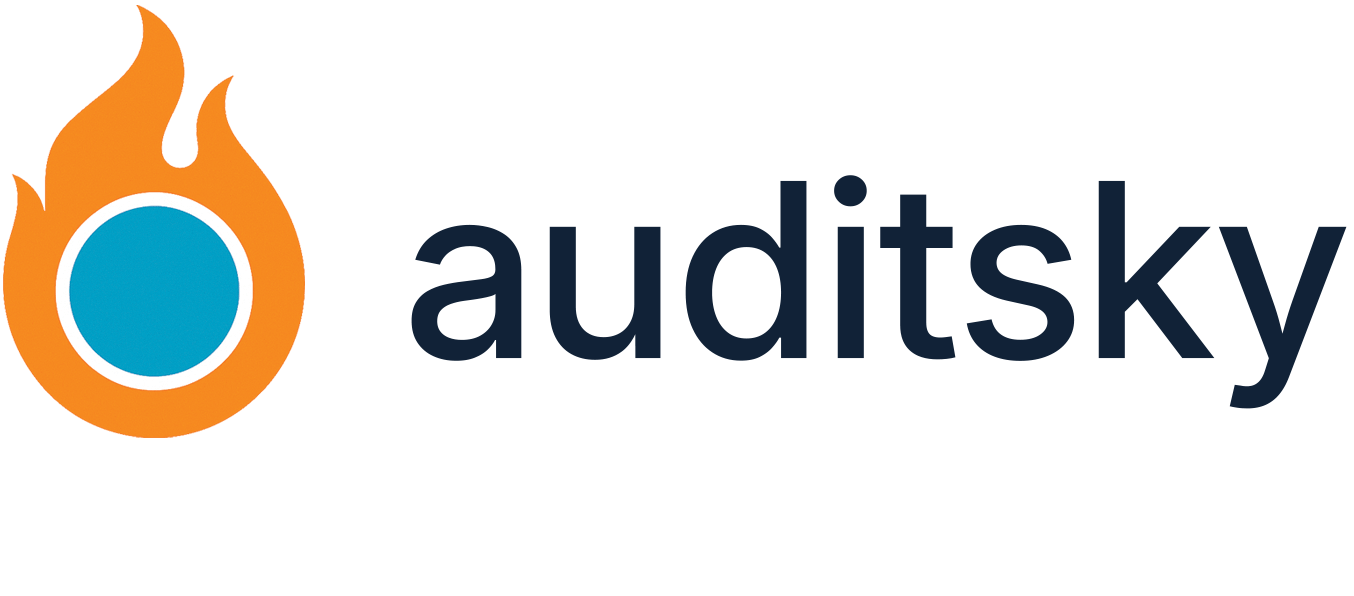Every agency knows the pain of scope creep, missed deadlines, and unexpected disputes. A clear, professional contract prevents those headaches and helps you scale with confidence.
In this article you will find practical, ready-to-use guidance and examples to build, customize, and enforce digital agency contract templates that protect your time, revenue, and intellectual property while keeping client relationships professional and profitable.
Why a solid contract matters
Contracts are not paperwork, they are your business foundation. A strong agreement clarifies responsibilities, payment timelines, IP ownership, and exit terms so you can avoid disputes and get paid on time. Most marketing and services agreements share the same core sections: scope of work, payment terms, intellectual property, confidentiality, termination, and dispute resolution. citeturn2search0turn2search10
The 9 essential sections every digital agency template needs
1. Parties and purpose
List legal names, addresses, and contact info. State the purpose of the agreement in one sentence so it is clear what relationship you are creating.
2. Scope of Work (SOW) and deliverables
Describe tasks, deliverables, acceptance criteria, and timelines. If you use recurring services, mention cadence and reporting frequency. Attach a separate SOW for each project to keep the master agreement clean. Clear SOWs are the single best defense against scope creep. citeturn2search6

3. Payment terms and expenses
Specify fees, billing schedule (retainer, milestone, or hourly), invoices, late fees, and expense reimbursement. Be explicit about payment windows, for example net 15 or net 30, and consequences for late payment. This reduces cash-flow risk and avoids confusion. citeturn2search10
4. Intellectual property and licensing
Define who owns deliverables and when ownership transfers. Many agencies grant a client full rights upon final payment while retaining the right to showcase the work in a portfolio. If you use preexisting tools or proprietary methods, clarify licensing or retained ownership. Strong IP clauses avoid costly disagreements later. citeturn2search8
5. Confidentiality and data protection
Add an NDA-style clause to protect client data, trade secrets, and marketing strategies. If you handle personal data, mention compliance with applicable privacy laws and any security obligations.
6. Warranties, limitations of liability, and indemnities
Limit liability for indirect damages and set a reasonable liability cap, often tied to fees paid. Disclaim unrealistic guarantees such as specific ranking positions or sales numbers.
7. Termination and kill fees
Outline when either party can end the contract, notice periods, and how final payments and deliverables are handled. For projects stopped mid-stream, include a kill fee or prorated invoice to protect your agency’s time. citeturn2search4turn2search9
8. Change control and revision policy
Define how change requests are submitted, reviewed, and priced. Limit free revisions and require written approval for scope changes to keep projects profitable.
9. Dispute resolution and governing law
Specify mediation or arbitration first, then litigation as a last resort. Pick the governing jurisdiction where you can reasonably defend claims.
Types of templates your agency should maintain
- Master Services Agreement (MSA) for long-term partnerships. citeturn2search2
- Project-based Service Agreement for one-off builds or campaigns. citeturn2search7
- Retainer Agreement for ongoing monthly services.
- Statement of Work (SOW) as a modular attachment for each project. citeturn2search6
How to customize templates without legal risk
- Use plain language where possible, legalese when necessary. 2. Keep a single MSA and attach SOWs per project. 3. Get a lawyer to review unusual clauses like revenue-sharing, equity payment, or complex data processing. 4. Version control templates so you can track changes and approvals.
Common objections and how to handle them
- "Clients won’t sign strict IP clauses." Offer a compromise: transfer full IP upon final payment but retain a narrow portfolio license.
- "Legal review costs too much." Use a vetted baseline template and pay for hourly counsel on high-risk deals.
- "Templates feel impersonal." Add customized intro clauses, project specifics, and clear scopes so clients see the agreement is tailored to their goals.
Tools and real-world template examples
If you want a plug-and-play approach, use proven templates from providers such as Bonsai for marketing contracts, and adapt them to your workflow. For legal-first drafting or negotiations consider sites like ContractsCounsel or specialist guides on drafting MSAs and SOWs. citeturn2search7turn2search0turn2search8
Frequently asked questions
What is the difference between an MSA and an SOW?
An MSA sets the overall relationship terms, while each SOW defines project-specific scope, deliverables, timelines, and pricing. Use the MSA for recurring or multi-project clients.
Should I include a clause guaranteeing results?
No. Avoid absolute guarantees like a specific Google ranking or exact sales numbers. Instead, promise reasonable efforts and define measurable KPIs with clear acceptance criteria. citeturn2search10
When should IP transfer to the client?
Common practice is to transfer ownership of final deliverables upon full payment. Keep a clause that the agency retains ownership of preexisting tools and methodologies unless explicitly assigned. citeturn2search8
How do I protect my agency from non-payment?
Use milestone invoicing, require upfront deposits or retainers, include late-payment fees, and state termination remedies tied to non-payment. Consider automatic pausing of services after a defined overdue period.
Can I reuse client work in my portfolio?
Yes if the contract grants a portfolio license. Otherwise, ask permission or redact sensitive details before showcasing work.
Next steps to protect revenue and win more clients
Want a faster way to convert site visitors into qualified prospects while you streamline agreements? Embed a branded audit widget, capture leads, and follow up with tailored proposals and clear contract templates. Visit https://auditsky.ai to try the agency lead generation tools and demo options that help you convert more traffic into paying clients. You can start a free trial or explore agency pages for SEO, web design, and content marketing lead generation. citeturn1search1turn1search0
Conclusion
A small upfront investment in well-crafted, modular contract templates saves time, reduces disputes, and protects your margins. Start with a master agreement, attach project-specific SOWs, make payment and IP terms explicit, and get legal review for nonstandard deals. With clear templates in place you’ll spend less time arguing and more time growing your agency.


